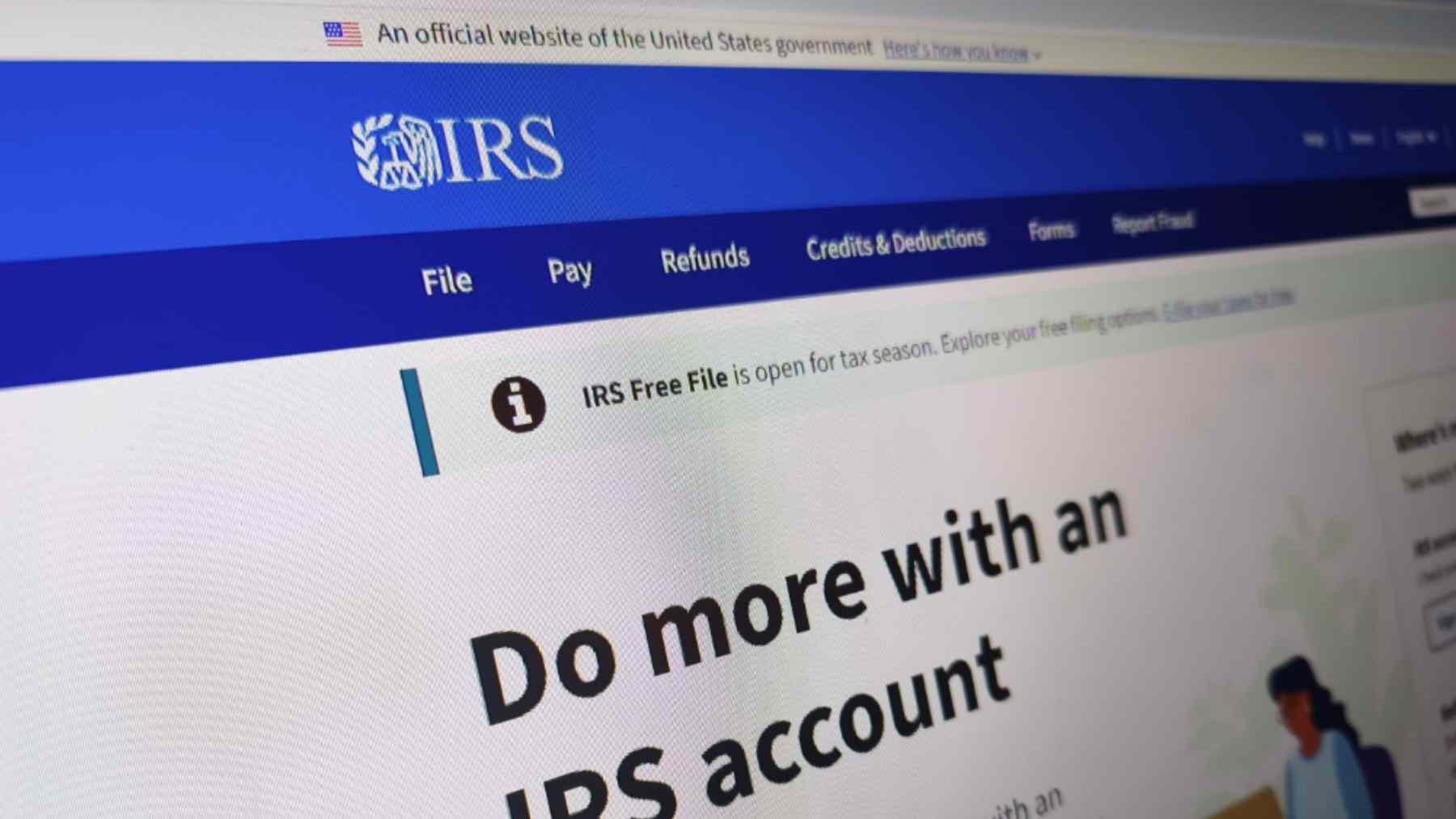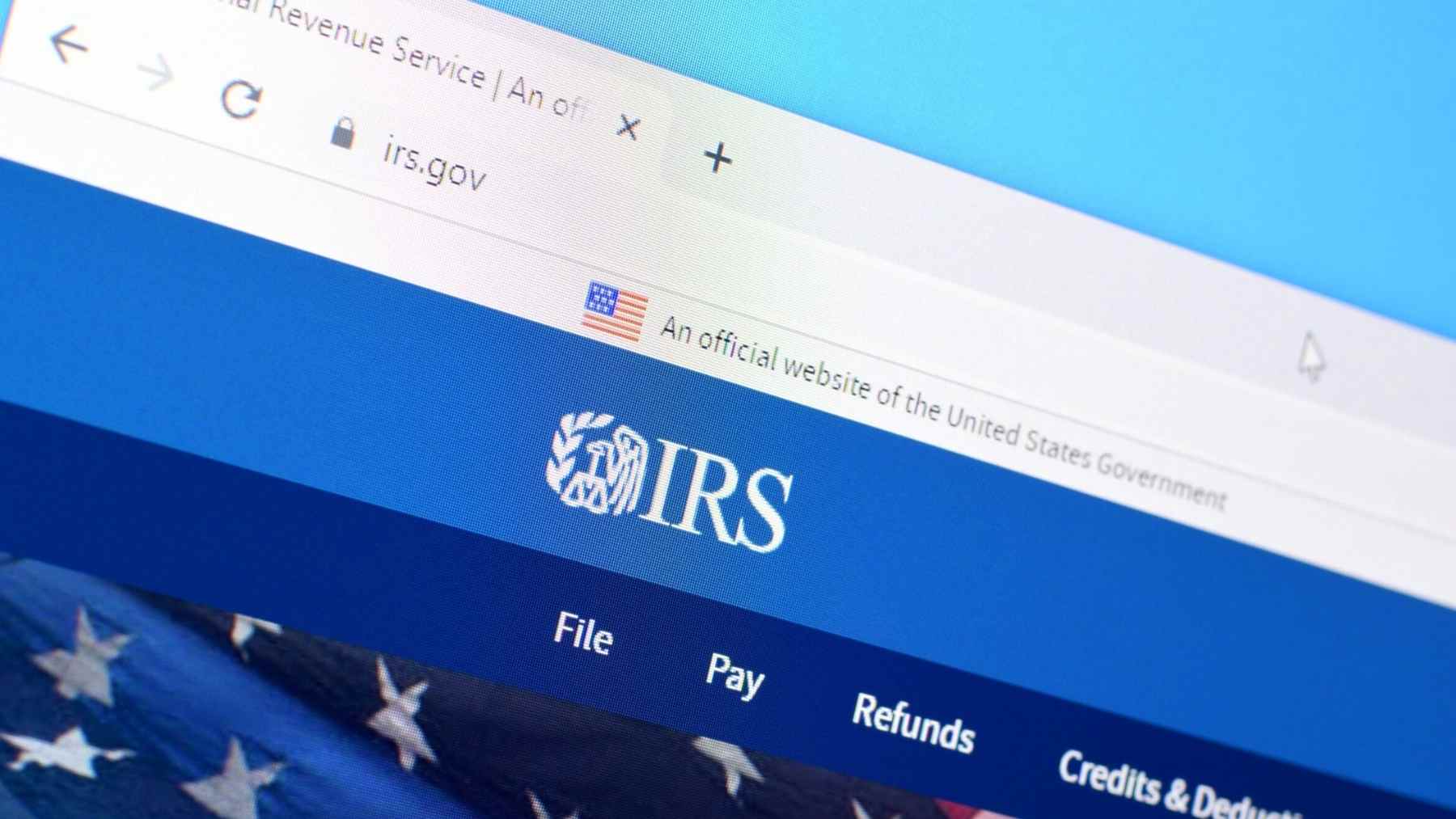The Social Security Administration (SSA) sends millions of payments to its approximately 70 million beneficiaries every month. Payment dates differ depending on a variety of factors, including when your birthdate is, which SSA fund you receive payments from, and when you chose to claim your benefits. Last month, September benefits already began to be distributed for beneficiaries, with four more September payment dates still upcoming. Check to see which date you are eligible to receive payment from.
September benefits already begin to be distributed
Generally, the SSA adheres to a rigid payment schedule for its beneficiaries, with payment dates rarely deviating from their anticipated dates. This is to ensure that beneficiaries have consistency when it comes to planning their monthly expenses, but also from an admin perspective, staggering payments on predictable and recurring dates makes distributing payments more streamlined.
Usually, SSA beneficiaries who receive Supplemental Security Income (SSI) are paid on the first of every month. However, this month, the first falls on Labor Day, which is a national holiday. When this happens, payment dates are advanced to the closest working day before the holiday. This meant that September SSI benefits were paid on August 29 this year. Payments are also advanced if the anticipated payment date falls on a weekend.
Upcoming SSA September payment dates
While SSI payments have already been paid out, there are still four more payment dates beneficiaries can expect to receive their SSA payments this month. The upcoming payment dates are as follows. These payment dates are specifically for SSA beneficiaries who receive retirement benefits and for Disability beneficiaries.
The following payment dates beneficiaries should take note of for this month:
- September 3: Social Security benefits for beneficiaries who receive both SSI and benefits from another fund, as well as benefits paid to those who claimed their benefits before May 1997
- September 10: Benefits paid to beneficiaries with a birthdate between the first and tenth of any given month
- September 17: Benefits paid to beneficiaries with a birthdate between the eleventh and twentieth of any given month
- September 24: Benefits paid to beneficiaries with a birthdate between the twenty-first and the thirty-first of any given month
According to the Social Security payment schedule, October SSI benefits will be paid out as usual on the first of the month, however, November benefits will be advanced to October 31 due to November 1 falling on a Saturday.
Who is eligible for SSA benefits?
Eligibility criteria for SSA payments differ depending on which fund you are applying to receive benefits from. The vast majority of SSA beneficiaries are receiving retirement benefits. While the average beneficiary receives approximately $2,000 in retirement benefits, the maximum payment you can receive from the SSA for retirement benefits is $5,102. However, there is additional qualifying criteria you need to meet in order to be paid the maximum payment amount.
The minimum qualifying criteria to receive retirement benefits from the SSA is that you must have achieved at least 40 working credits from the SSA, which is the equivalent of ten years of work. You can also only claim your benefits from the age of 62 years old.
SSI and Disability benefits’ qualifying criteria, however, are dependent on your income level. While retirement benefits are not contingent upon additional income you may receive in your retirement, SSI and Disability are. This is because SSI is reserved specifically for those who have little to no income or resources, while Disability is reserved for those who are unable to work and earn an income due to having a Disability. Payment amounts from these funds, therefore, differ depending on how far below the income threshold for these funds you are.
Disclaimer: This content is informational only and does not supersede or replace the SSA’s or IRS’s own publications and notices. Always verify any specific dates and amounts by following the direct links in our article to SSA.gov or IRS.gov, or by consulting your local SSA field office or tax professional.














